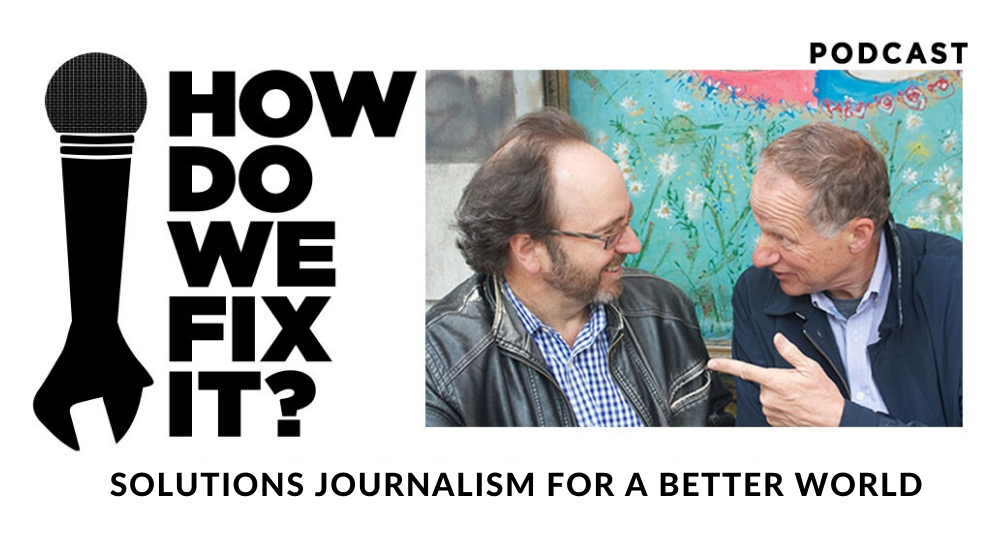What is the point of a good education? Do we need it to learn a narrow set of skills ro help us get ahead in the workplace, or should knowledge and learning to be used over a lifetime to acquire wisdom that enables us to think more deeply about our place in the world?
This question has profound resonance at a time of angry divides over American politics and moral confusion at elite American universities. The President of Harvard, Claudine Gay, resigned after months of campus unrest and controversy. In December, Gay and two other university presidents faced widespread criticism for their testimony at Congressional hearings about antisemitism on their campuses.
In this episode, we hear from a university educator who makes the case for liberal education that gives students the tools needed to have a deeper sense of purpose. Roosevelt Montás is the author of "Rescuing Socrates: How The Great Books Changed My Life And Why They Matter For a New Generation".
He believes that the ideas and writings of Plato, Socrates, Shakespeare, Ghandi and many others aren't just for a few privileged students. They're for everybody, and that encountering these thinkers as a poor immigrant teenager changed his life.
Read more